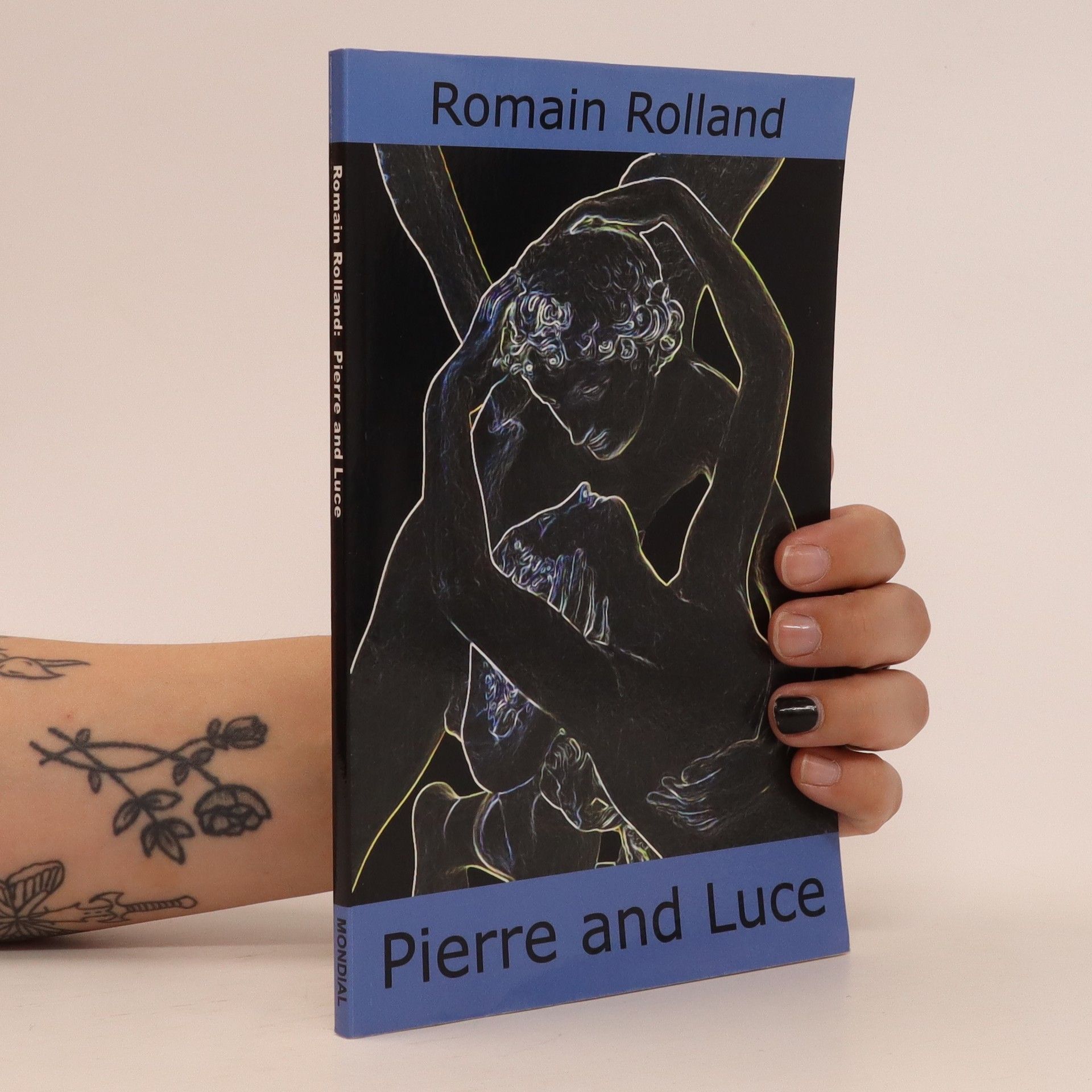Mahatma Gandhi
- 96 pages
- 4 hours of reading
A biographical account of the man who became one with the universal being. Gandhi is considered the father of India and was an Indian nationalist and spiritual leader. The literal translation of Mahatma, the name which the people of India gave to Gandhi, is "the great soul." This word goes back to the Upanishads, where it is used in speaking of the Supreme Being, and through communion of knowledge and love, those who become one with Him.



